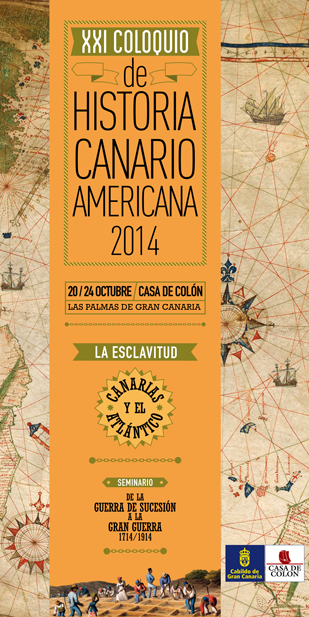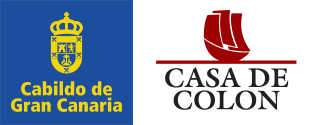La cultura musical Ndowe en el tránsito esclavista del Atlántico. Influencia en la sociedad cubana Abakuá y de vuelta a África, en Guinea Ecuatorial / Ndowe Musical cultura in the Atlantic slave trade. Influence on Cuban society Abakuá and return...
Palabras clave:
Ndowe, Abakuá, criollos, Guinea Ecuatorial, esclavitud, “oralidad secundaria”, música africana, creoles, Equatorial Guinea, slavery, secondary orality, musicResumen
El estudio comparativo de los elementos musicales a ambos lados del Atlántico en relación con la esclavitud, ha generado investigaciones de ida al continente americano, pero apenas hay escritos sobre el viaje de retorno y sus influencias en África. En este artículo se analiza el legado cultural de vuelta a través de la esclavitud del grupo ndowe. Este legado llegado a Cuba con los esclavos carabalíes quienes fundan la sociedad Abakuá, posteriormente efectúa un viaje de retorno a África con los deportados abakuá llevados a Fernando Poo, hoy en Guinea Ecuatorial. El marco del estudio se sitúa en una consideración de las áreas culturales en África, más allá de las fronteras coloniales y se inicia una reflexión sobre la búsqueda hoy de una identidad más global en los grupos ndowe y la expresión de una “oralidad secundaria”. El grupo ndowe ocupa hoy un área que se extiende por Gabón, Guinea Ecuatorial, Camerún y parte de Congo.
The comparative study of the music on both sides of the Atlantic regarding slavery elements has generated research about the journey to American continent, but there is little written on the return trip and its influences in Africa. In this paper is analyzed the cultural heritage in a back way discussed through slavery of Ndowe group. This legacy arrived in Cuba with Carabalíes slaves who founded the society Abakuá. Later it was made a return trip to Africa with the deportees Abakuá carried to Fernando Poo (today Bioko) in Equatorial Guinea. The framework of the study lies in a consideration of the cultural areas in Africa, beyond the colonial borders and in a reflection on the search nowadays for a more global identity in Ndowe groups and the expression of a “secondary orality” that is starting. The Ndowe group occupies an area extending trough Equatorial Guinea, Cameroon Gabon and some areas in Congo.




